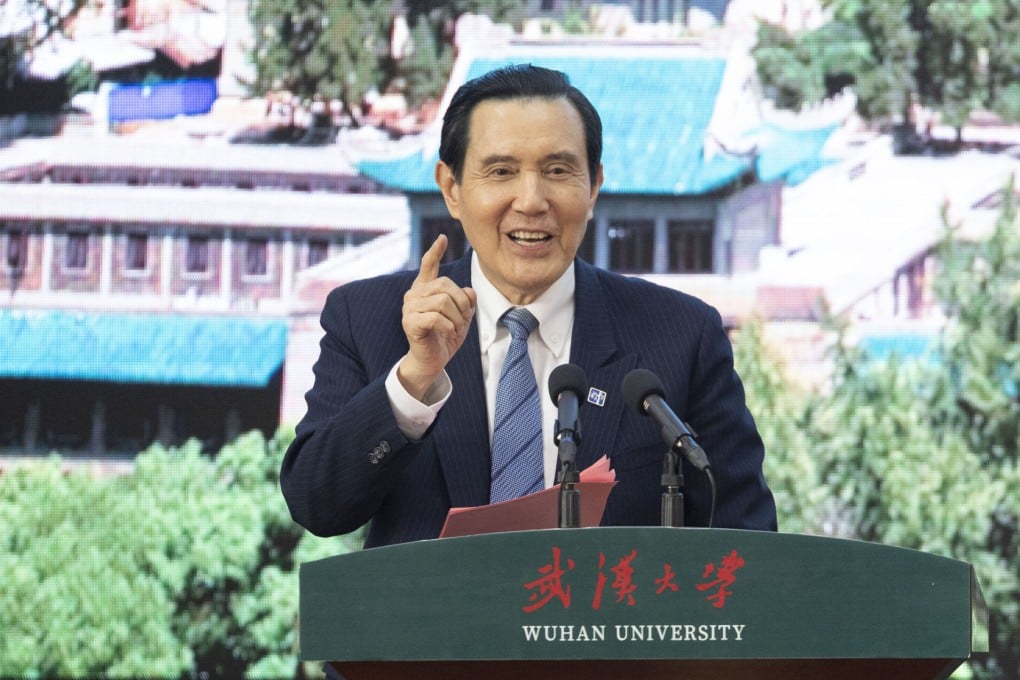Reflections | The origin story of China’s Han Chinese people, the country’s ethnic majority, and why it’s a debatable one
- Taiwan’s former president used the controversial phrase ‘Yan Huang Zisun’ in mainland China last week, which has its origins in the genesis of the Han people
- Questions remain over whether the key figures in the story actually existed or whether they were composite figures of legends and myths, or a bit of both

During his visit to mainland China last week, Taiwan’s former president, Ma Ying-jeou, described the people on both sides of the Taiwan Strait as Yan Huang Zisun (“descendants of Yan and Huang”).
He was emphasising their shared ancestry and culture, while downplaying the differences that had grown almost irreconcilable over the last three-quarters of a century.
The phrase Yan Huang Zisun is controversial because it’s only used in reference to the Han Chinese, by far the largest ethnic group in both the mainland and Taiwan.
It excludes the dozens of ethnic minorities in both regions with their own mythical ancestors, from the 17-million-strong Zhuang people in Guangxi to the Thao people in Taiwan, who number a little over 800.
The mainland authorities have in fact discouraged the use of the expression because it is not inclusive of China’s Koreans, Miao, Mongols and so on. In official discourse at least, all ethnic minorities are part of the Chinese nation: they are as Chinese as the Han.

